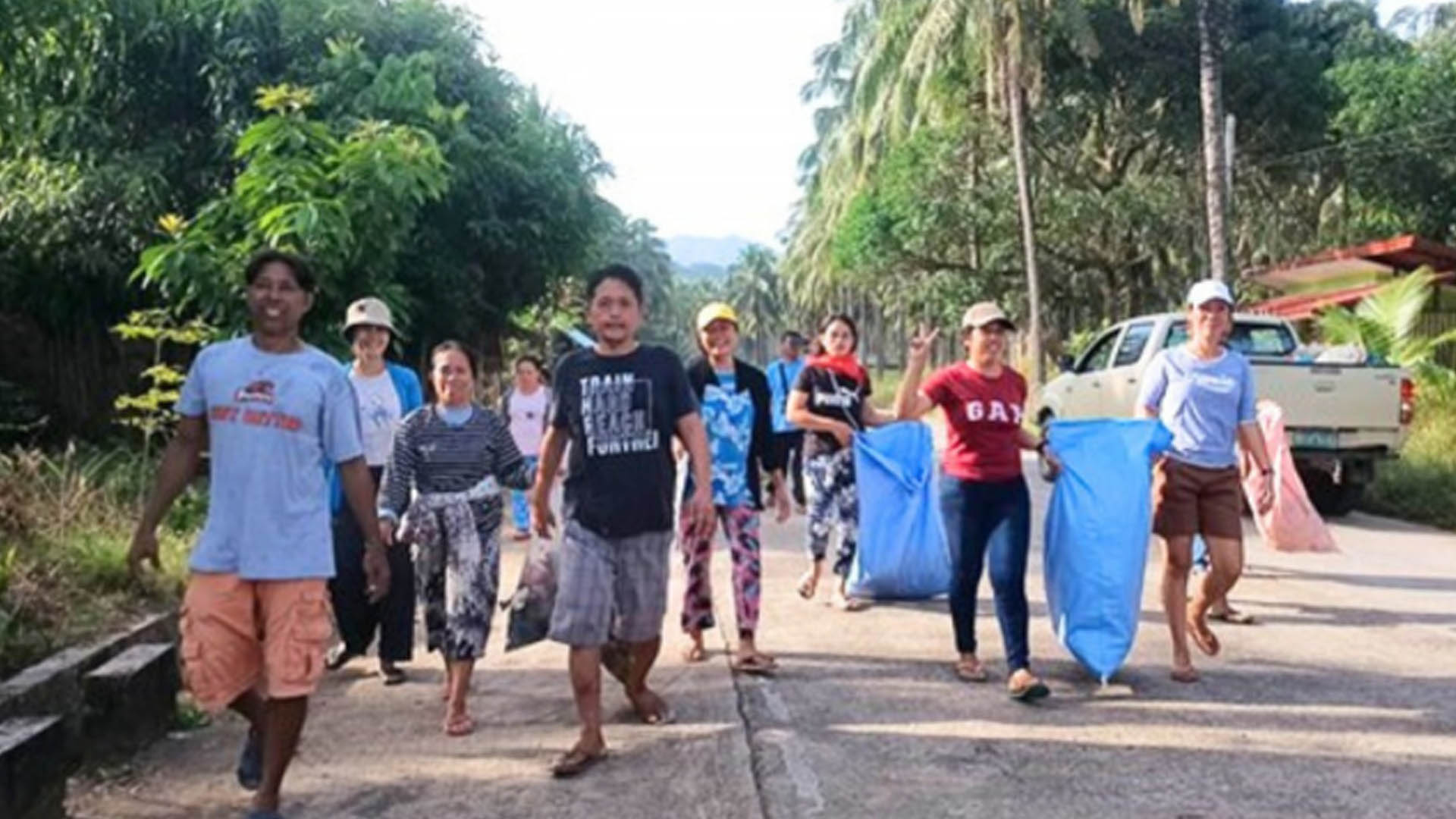The Department of Social Welfare and Development (DSWD) and the Department of the Interior and Local Government (DILG) collaborated their respective programs to advance environmental responsibility and sustainable practices across local communities in the Philippines.
DSWD Spokesperson Romel Lopez said the partnership between DSWD’s Kapit-Bisig Laban sa Kahirapan-Comprehensive and Integrated Delivery of Social Services (KALAHI-CIDSS) program and DILG’s Kalinga at Inisyatiba para sa Malinis na Bayan (KALINISAN) programs aim to involve local communities and local government units (LGUs) in sustainable environmental initiatives, such as proper solid waste management and other ecological practices.
Lopez, also the DSWD’s Assistant Secretary for Strategic Communications, said the partnership will underscore the importance of government collaboration between national agencies and local communities in achieving the Sustainable Development Goals (SDGs).
“The KALAHI-CIDSS’ commitment to participatory processes and community empowerment perfectly aligns with the objectives of the KALINISAN Program, emphasizing the significance of collective action in safeguarding the environment and promoting sustainable practices,” he said in a statement on Tuesday.
Lopez said the KALAHI-CIDSS champions the Community-Driven Development (CDD) approach which is a globally recognized strategy for attaining service delivery, poverty reduction, and good governance.
In the partnership, the KALAHI-CIDSS and KALINISAN programs will integrate three key components: community participation; capacity building; and government collaboration, Lopez said.
In terms of community participation, the two programs of the DSWD and DILG will prioritize the active involvement of communities in environmental initiatives, recognizing that sustainable change requires the engagement of local stakeholders.
“For capacity building, the KALAHI-CIDSS and the KALINISAN Program will equip communities with the knowledge and tools necessary to implement effective environmental practices through skills development and training programs,” Lopez said.
“As KALAHI-CIDSS and DILG join hands for the KALINISAN Program, we are committed to working together toward a cleaner and more sustainable future for all Filipinos. By fostering a culture of environmental responsibility and empowering local communities, this partnership aims to create lasting positive impacts on the environment and society as a whole,” he added. (PNA)





















